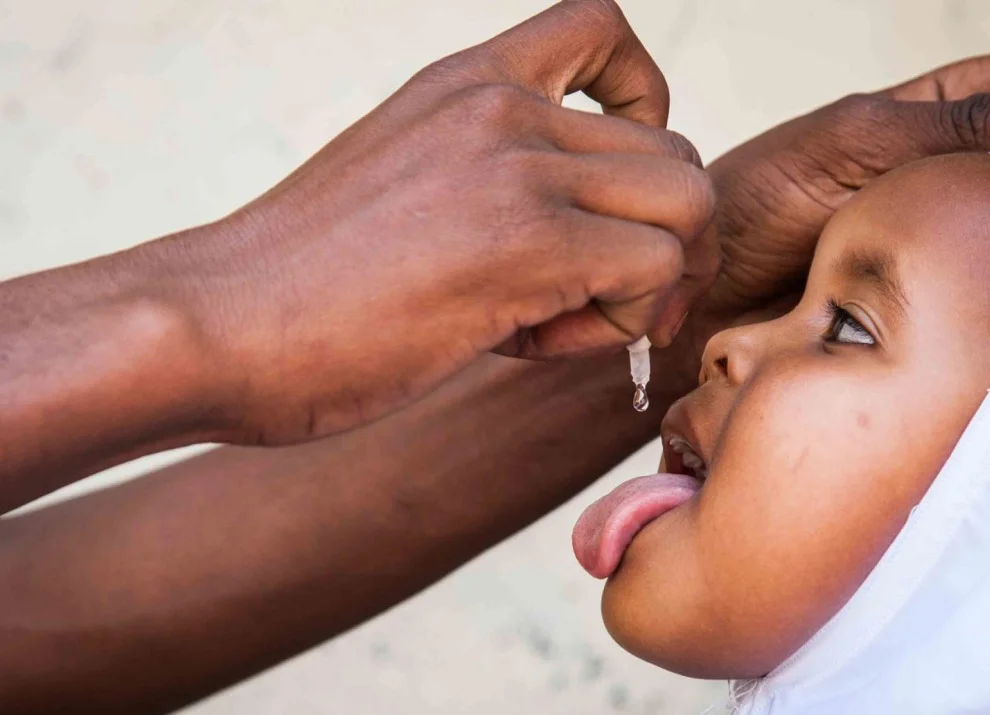Africa is grappling with a severe cholera outbreak, reporting two-thirds of global cases and 99% of cholera-related deaths in 2025, according to the World Health Organization (WHO).
As cases surge, African leaders are calling for increased local vaccine production to address the crisis and reduce reliance on imported medical supplies, which constitute over 90% of the continent’s health resources.
Cholera’s Devastating Impact
Cholera, a waterborne bacterial disease causing severe diarrhea and dehydration, can be fatal within hours if untreated.
In 2025, Africa has recorded approximately 130,000 cases and 2,700 deaths, with Sudan, South Sudan, the Democratic Republic of Congo (DRC), and Angola among the hardest hit.
Sudan alone reported a spike from 90 to over 815 daily cases in late May, exacerbated by water contamination and conflict.
The WHO notes that 218,394 cases and 3,964 deaths (1.8% case fatality rate) have been reported continent-wide as of February 28, 2025.
WHO and Africa CDC’s Response
At a virtual emergency summit hosted by the Africa Centres for Disease Control and Prevention (Africa CDC) on Wednesday.
WHO Director-General Tedros Ghebreyesus emphasized the need for Africa to boost local production of oral cholera vaccines (OCVs).
He also advocated for optimizing existing supplies through earlier detection and efficient vaccination campaigns.
“Cholera is a symptom of deeper issues—systemic failures in water, sanitation, health services, governance, and equity,” Ghebreyesus stated, urging action at the disease’s root causes.
Push for Local Vaccine Production
Africa’s heavy reliance on imported vaccines—over 90% of its health supplies—leaves it vulnerable to global trade disruptions, geopolitical tensions, and logistical delays, according to the Africa CDC.
Leaders from Angola, Sudan, and other affected nations stressed the urgency of developing indigenous vaccine manufacturing to enhance resilience.
Angola’s president highlighted this need during emergency talks, noting that 99% of global cholera deaths in 2025 occurred in Africa.
Initiatives like the Africa CDC’s PHAHM platform are exploring policy-driven solutions to scale up local production, as seen in recent study tours to Europe.
Challenges and Underlying Causes
The resurgence of cholera, described as Africa’s deadliest outbreak in a decade, is fueled by climate change, conflict, and underfunded health systems, threatening the 2030 elimination goal.
In Sudan, contaminated water sources, including corpses in the Nile, have worsened the crisis.
South Sudan and Angola account for a significant portion of cases, with 15 countries reporting over 71,000 cases in 2025.
Systemic issues like poor sanitation and weak governance exacerbate the spread, requiring long-term investment in infrastructure.
Path Forward
African leaders endorsed a coordinated plan to combat cholera, focusing on local vaccine production, improved water and sanitation systems, and enhanced surveillance.
The WHO and Africa CDC are working to optimize OCV allocation, but demand continues to outstrip supply, with 105 million doses requested by 18 countries.
As outbreaks persist, addressing cholera’s root causes and building self-sufficiency in health resources remain critical to saving lives and preventing future crises.




















